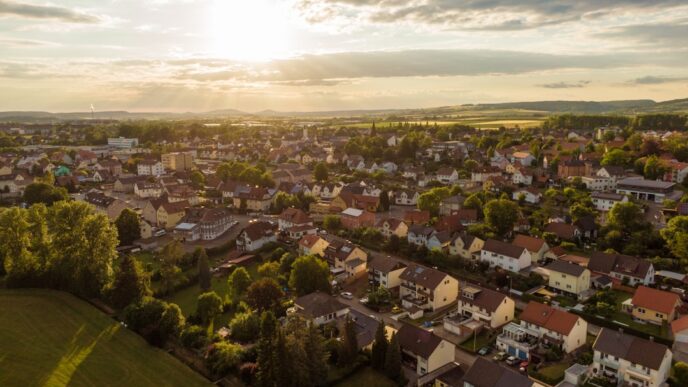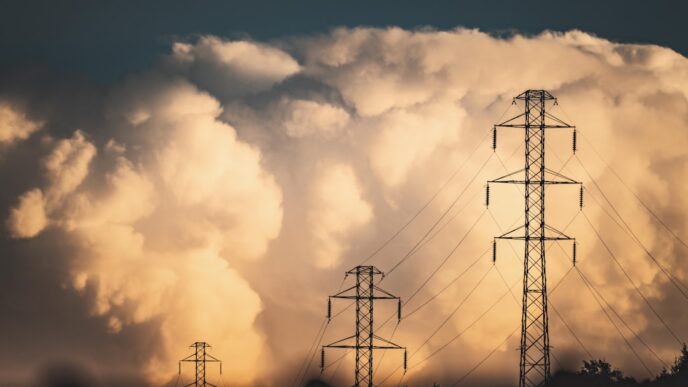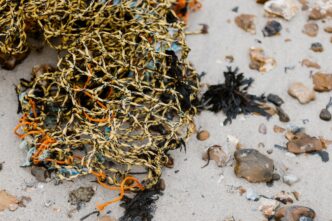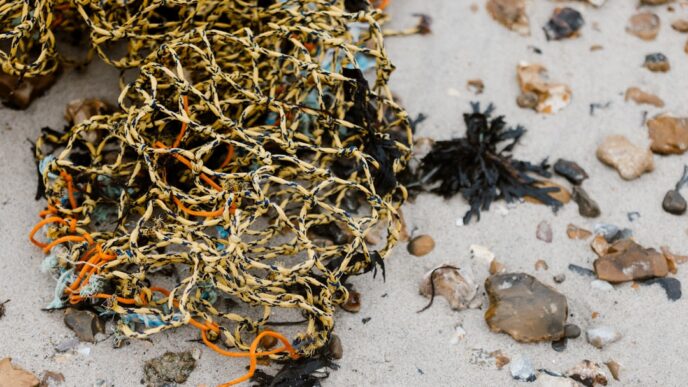In recent years, the circular economy has gradually shifted from a niche concept to a mainstream economic model. This approach, which emphasizes the reuse, recycling, and repurposing of materials, is challenging traditional linear consumption patterns. As industries grapple with escalating resource scarcity and environmental degradation, the circular economy presents a promising alternative.
One notable example is the European Union’s commitment to circularity, encapsulated in its Circular Economy Action Plan announced in 2020. This framework seeks to transform various sectors, including textiles, plastics, and electronics, by encouraging member states to adopt sustainable practices. The goal is not merely environmental protection but also economic resilience through innovation and job creation. Industries are being incentivized to rethink their entire production processes, aiming for models that minimize waste and maximize resource efficiency.
Consider the fashion industry, notorious for its resource intensity and pollution. Brands like Patagonia and H&M are leading the charge by integrating circular principles into their operations. Patagonia’s Worn Wear program encourages customers to repair and reuse their garments, significantly reducing the demand for new products. H&M’s Conscious Collection, which utilizes recycled materials, showcases how even large corporations can pivot towards sustainability while potentially enhancing their market appeal.
What does this shift mean for emerging markets? Countries like India and Kenya are embracing circular economy models to address local challenges. In India, the concept of waste-to-energy is gaining traction, helping tackle the dual issues of waste management and energy shortages. Initiatives in cities like Pune are turning organic waste into biogas, creating jobs in urban areas and reducing landfill dependency.
Kenya has taken a unique approach with its plastic waste problem. The government has imposed strict regulations on plastic bags, prompting local entrepreneurs to develop alternatives. Companies are emerging that convert plastic waste into building materials, creating a new sector while addressing environmental concerns. This not only fosters innovation but also spurs economic growth in communities adversely affected by pollution.
However, transitioning to a circular economy is not without its challenges. Infrastructure for recycling and repair needs substantial investment, and consumer behavior is often resistant to change. Education and awareness campaigns are crucial in shifting mindsets towards sustainable consumption. Here, partnerships between governments, businesses, and NGOs can play a vital role.
Moreover, incorporating circularity into economies can help mitigate the economic shocks of resource volatility. As seen during the COVID-19 pandemic, supply chains can be disrupted by external factors. Countries that have invested in circular systems may find themselves better equipped to weather such crises. By minimizing reliance on virgin materials and maximizing the use of existing resources, they can create more robust and adaptable economies.
The financial technology sector is also increasingly getting involved in this shift. Platforms that facilitate second-hand sales or the sharing of resources are becoming mainstream. Companies like ThredUp and Poshmark in the U.S. are examples of how digital innovation supports circular practices by enabling consumers to buy and sell pre-owned goods easily.
As the world grapples with climate change and resource depletion, the circular economy emerges not just as an environmental necessity but as an economic opportunity. While challenges abound, the potential for innovation, job creation, and sustainable development positions circular economies as a transformative force in the global marketplace.













